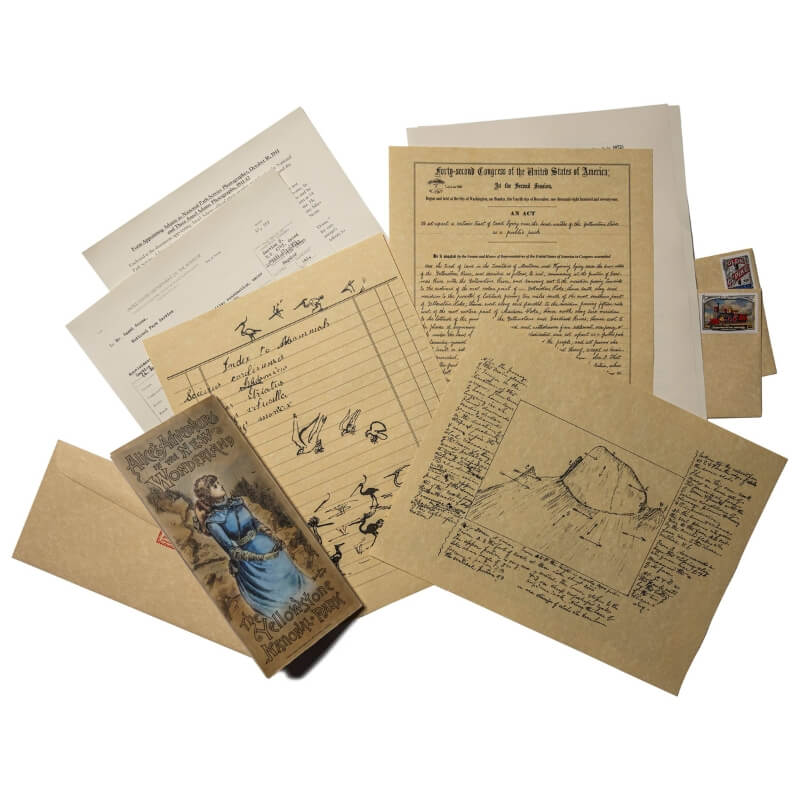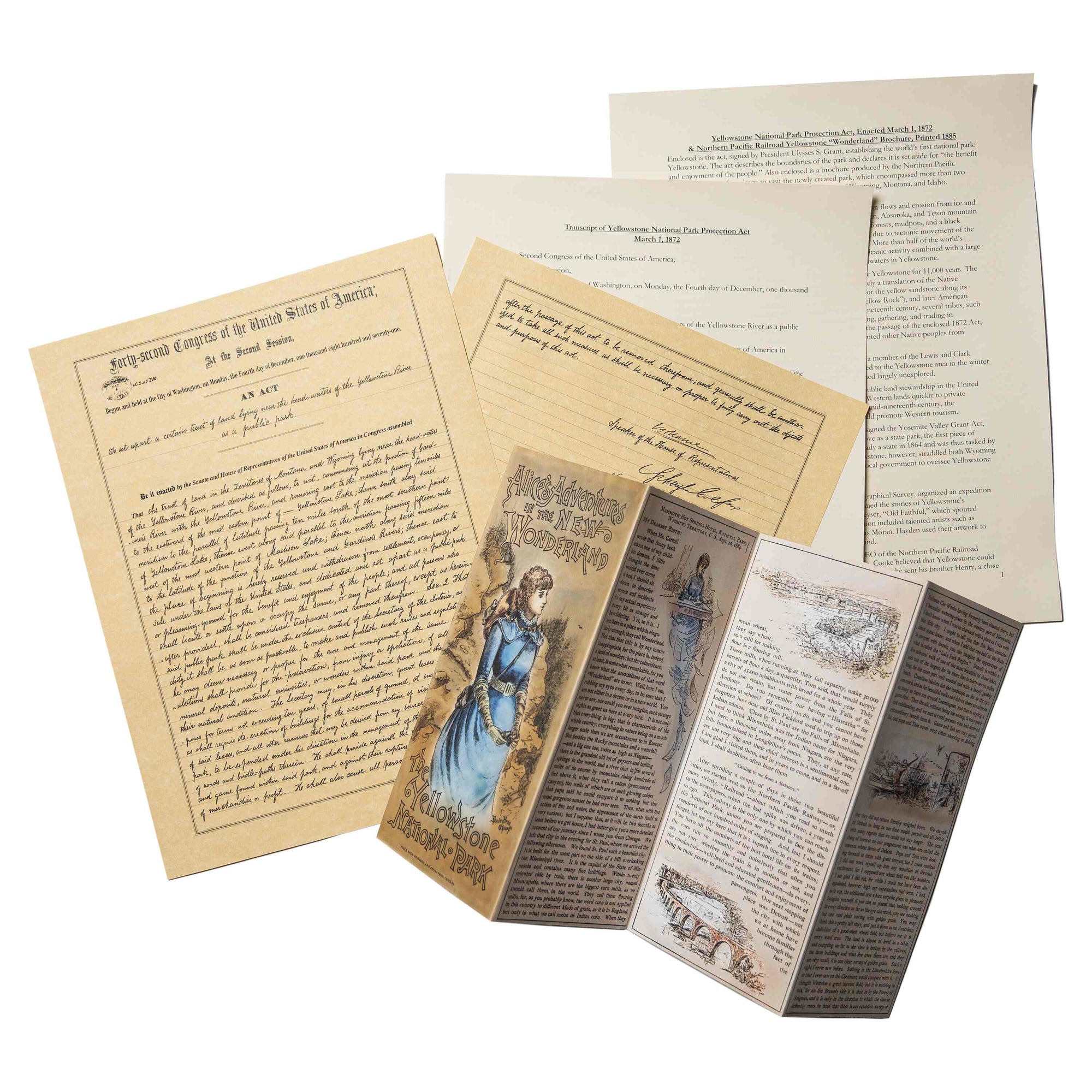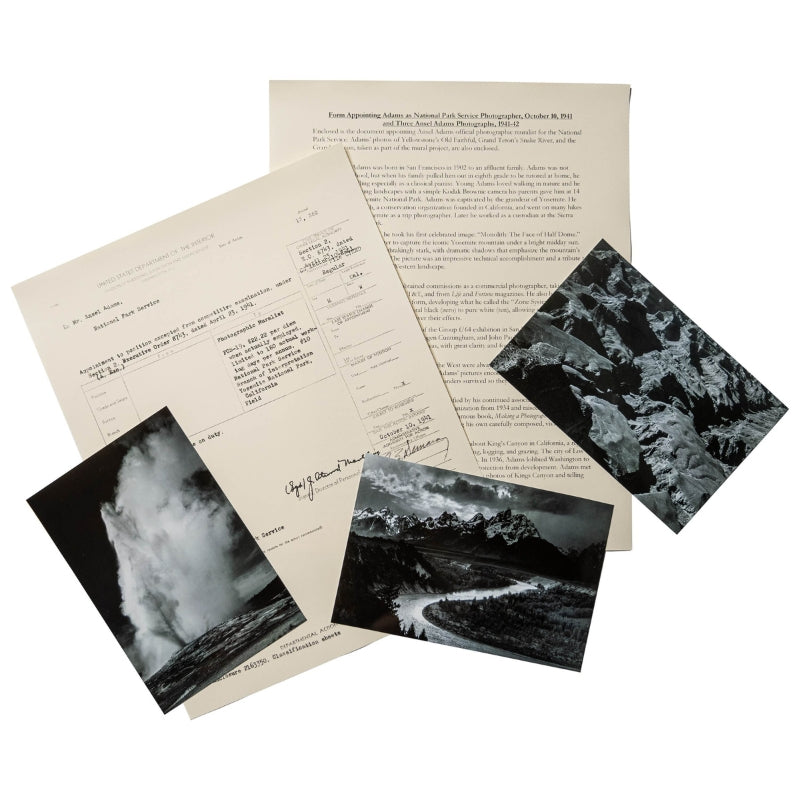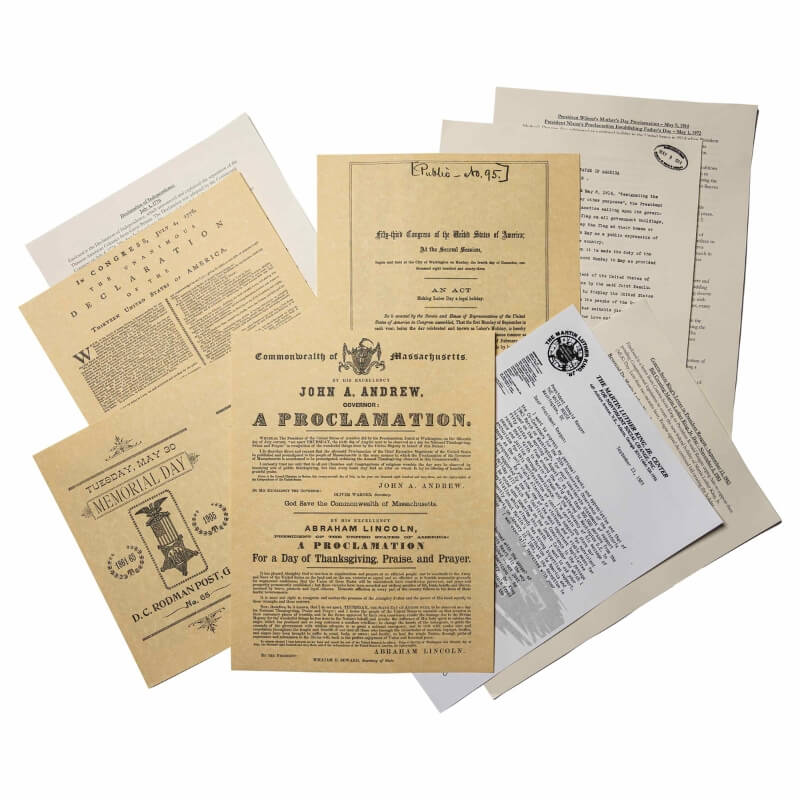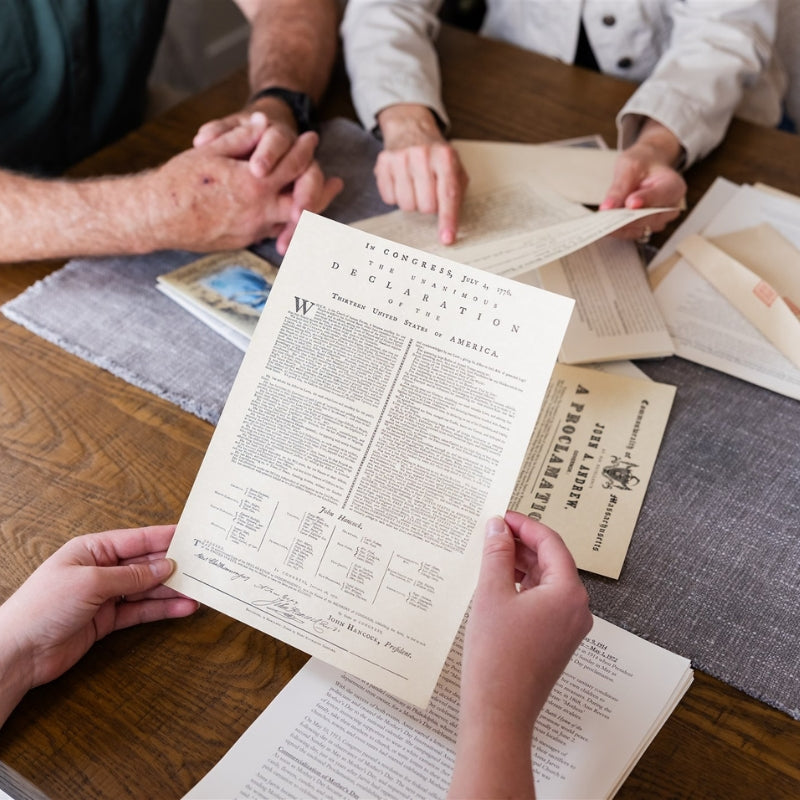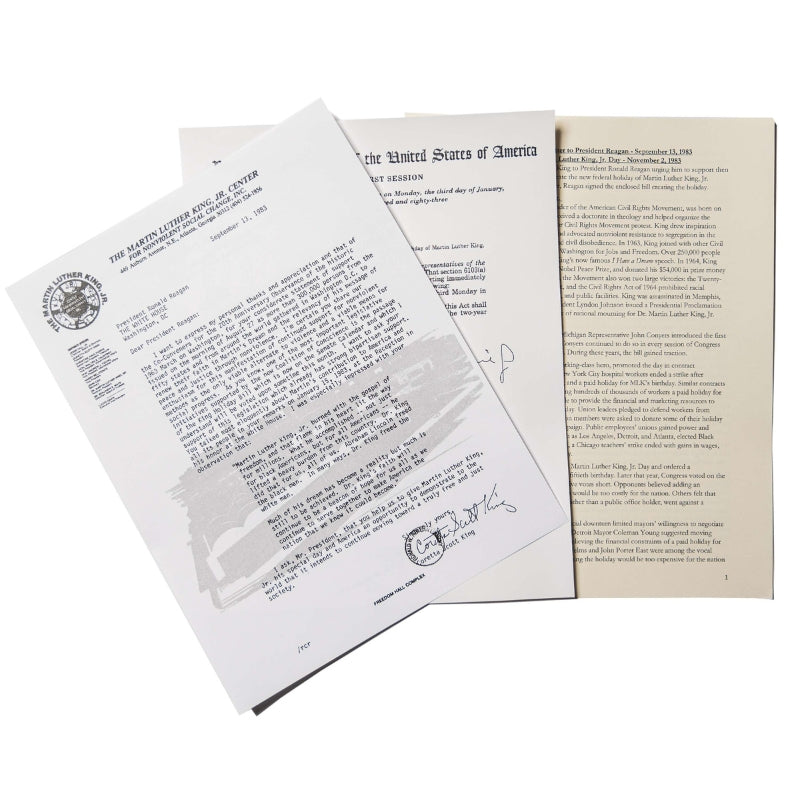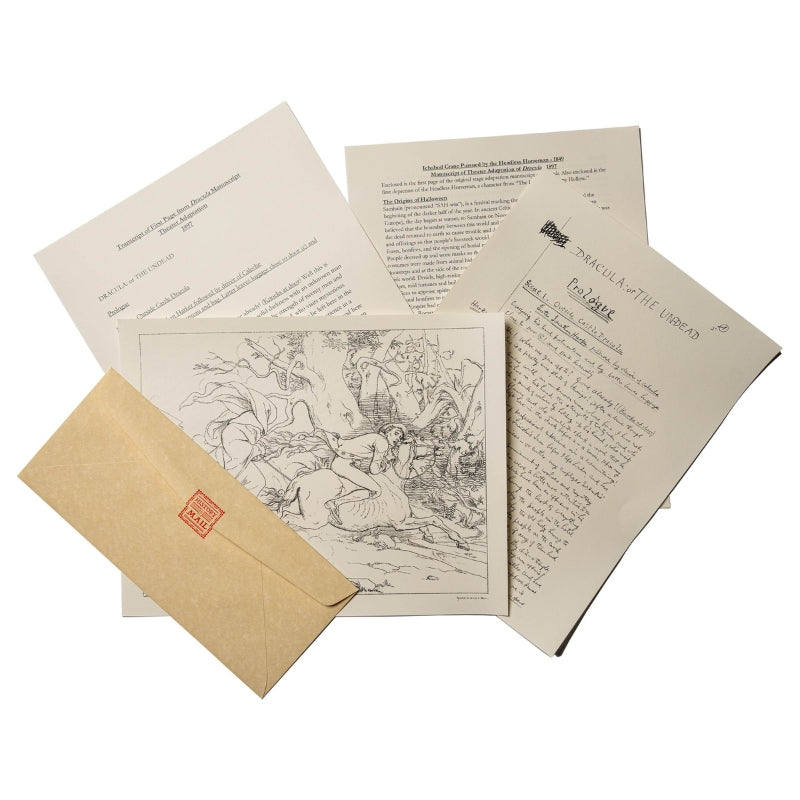Annie Oakley
Questions for Reflection
1) Annie Oakley answered President McKinley's call for Spanish-American war volunteers by offering a team of fifty female sharpshooters that would provide their own arms and ammunition. Her offer was rejected since women were not allowed to serve in the military at the time. How do you think Annie Oakley processed her rejection, despite her team being better prepared for combat than most other volunteers, given that the laws and social norms at the time barred women from the military?
2) The Spanish-American War brought together Americans from the North and South, African Americans and White Americans. In which ways can war be a unifying force?
3) America emerged from the Spanish-American war with overseas territorial possessions for the first time, sparking a hotly contested debate over American imperialism. In which ways has imperialism changed America?
4) For many Americans in the turn of the twentieth century, the American Southwest was an exotic new frontier. Buffalo Bill's Wild West show brought scenes and images of the Southwest to Americans across the country. To what extent do you think Americans form images about different regions of the United States based on celebrities and media?
5) Celebrity Correspondences with Presidents Theme Question: Should celebrities use their popularity for political influence? Why? Do you think Annie Oakley used her position of influence appropriately? Why?
Annie Butler v. Globe Publishing Company (1904)
In 1901, Annie Oakley retired from Buffalo Bill Cody’s Wild West Show to a quiet life with her family in Nutley, New Jersey. Then in August 1903, two Chicago newspapers ran stories with the headline: “Annie Oakley Is In Prison Cell. Famous Rifle Shot of Buffalo Bill’s Show Steals a Negro’s Trousers to Get Money to Buy Cocaine.” The articles also claimed that Annie was 28 years old, yet looked like she was 40 (she was actually 43). In reality a burlesque performer in Chicago was arrested for theft to support a cocaine habit and when arrested, the performer told the Chicago police her name was Annie Oakley.
Other newspapers nationwide also picked up the story from the Chicago papers and immediately retracted the story with apologies when they learned of their error. William Randoph Hearst, however, who owned the two Chicago stories that initially fabricated the story, send an investigator to collect reputation-damaging gossip from Oakley’s past. The investigator turned up empty handed.
Annie Oakley had always worked to carefully craft her public image. She cultivated a wholesome image and felt the articles had ruined her reputation. Therefore, instead of accepting retractions and apologies from the newspapers, Oakley sued 55 newspapers for libel. She then spent from 1904 to 1910 traveling the country testifying in various courts and eventually winning or settling 54 of the cases. In the end, however Annie collected less than she spent in legal fees and lost in wages. However, restoring her reputation was more important to her than the money.
Below are two pages from a court petition describing the libelous article that had appeared in the St. Louis Daily Globe-Democrat.
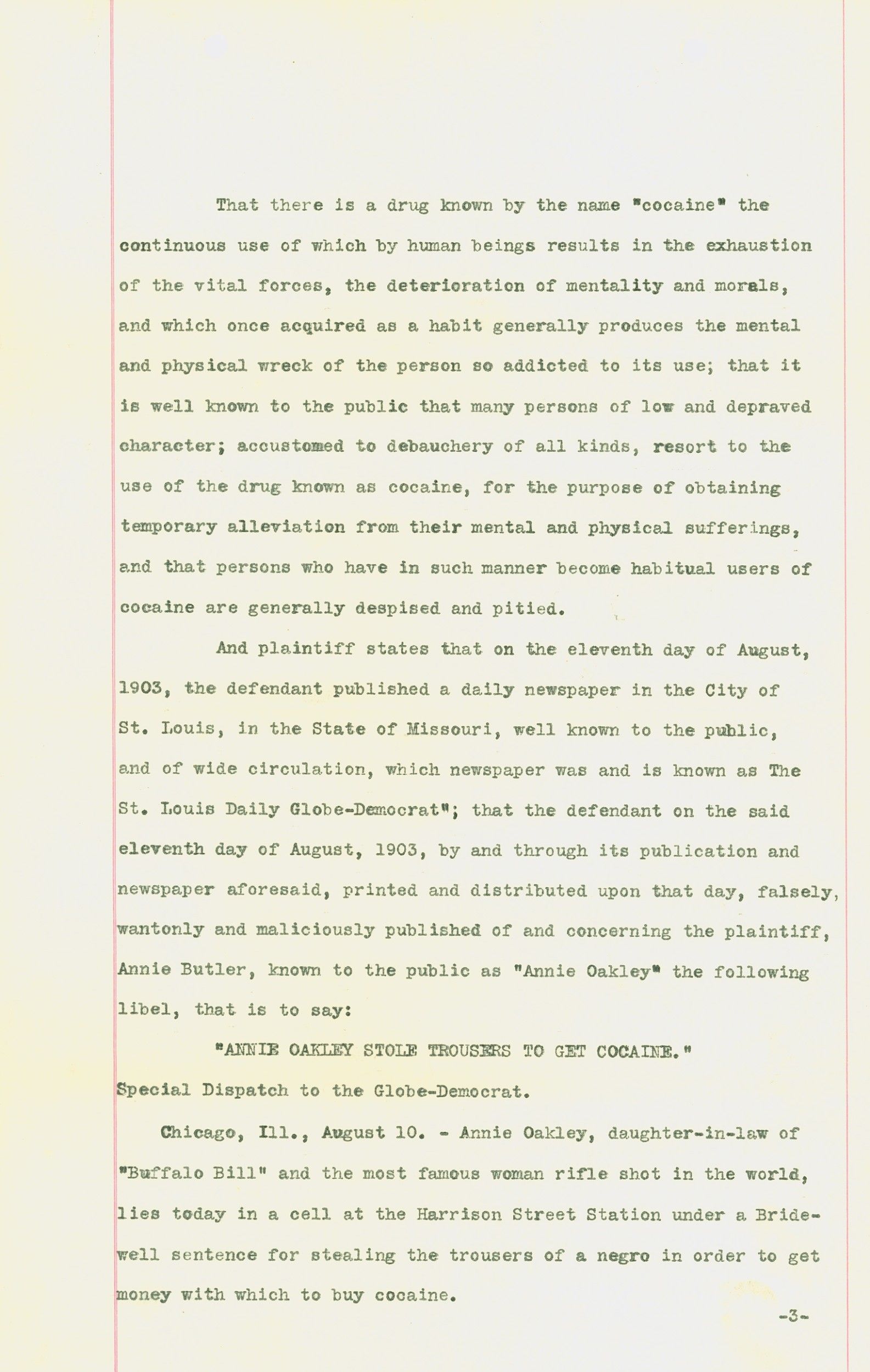
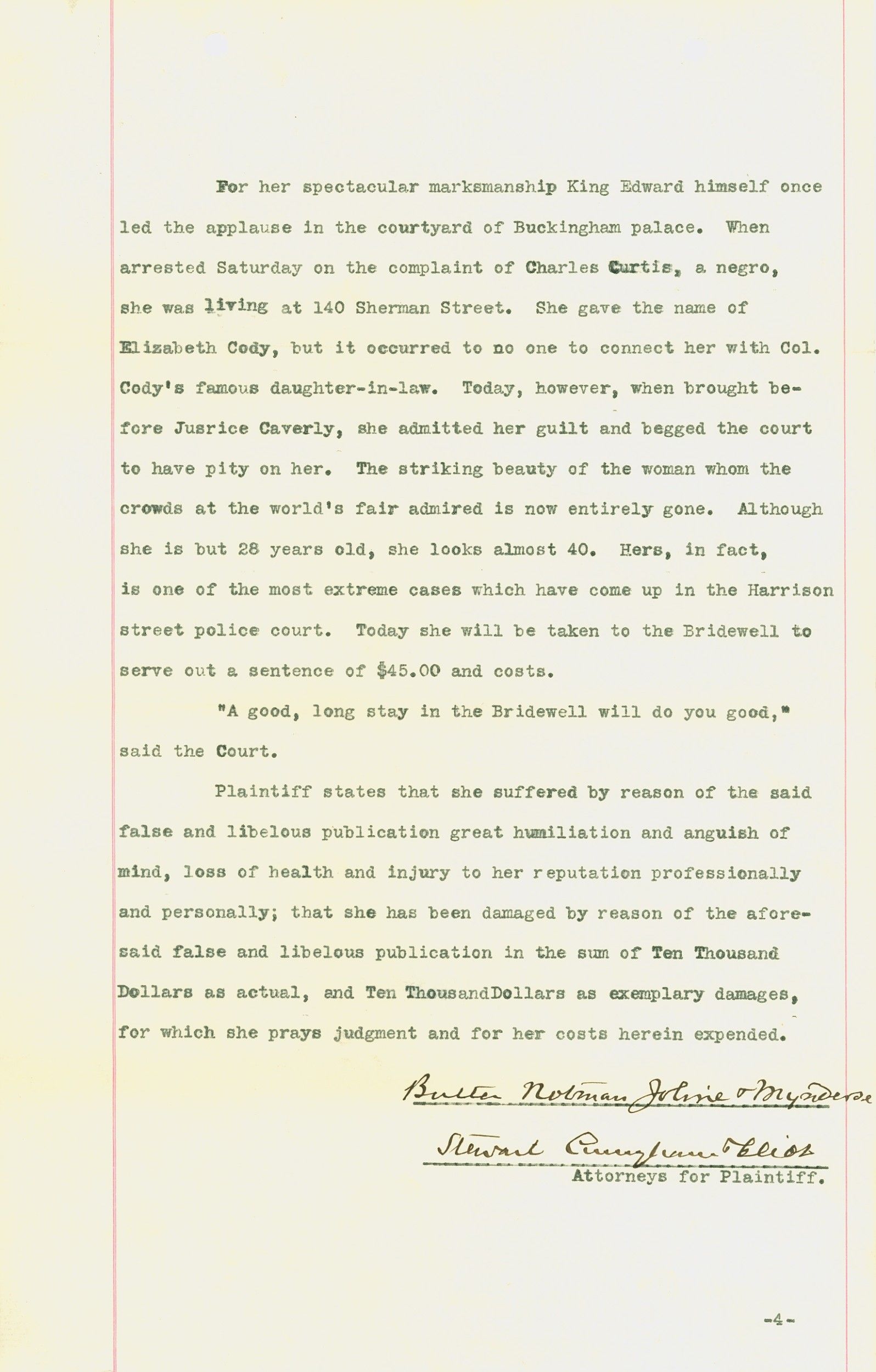
You may also like
National Parks Add-On Subscription
National Parks Add-On Subscription



Free subscription shipping in the US
U.S. Holidays Add-On Subscription
U.S. Holidays Add-On Subscription



Free subscription shipping in the US

